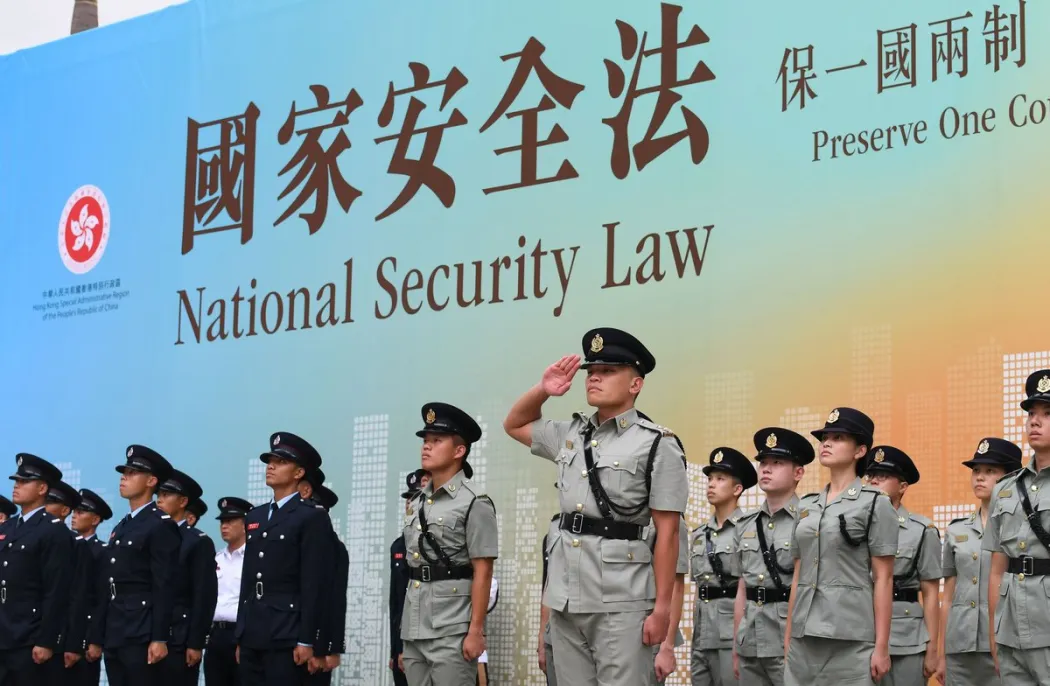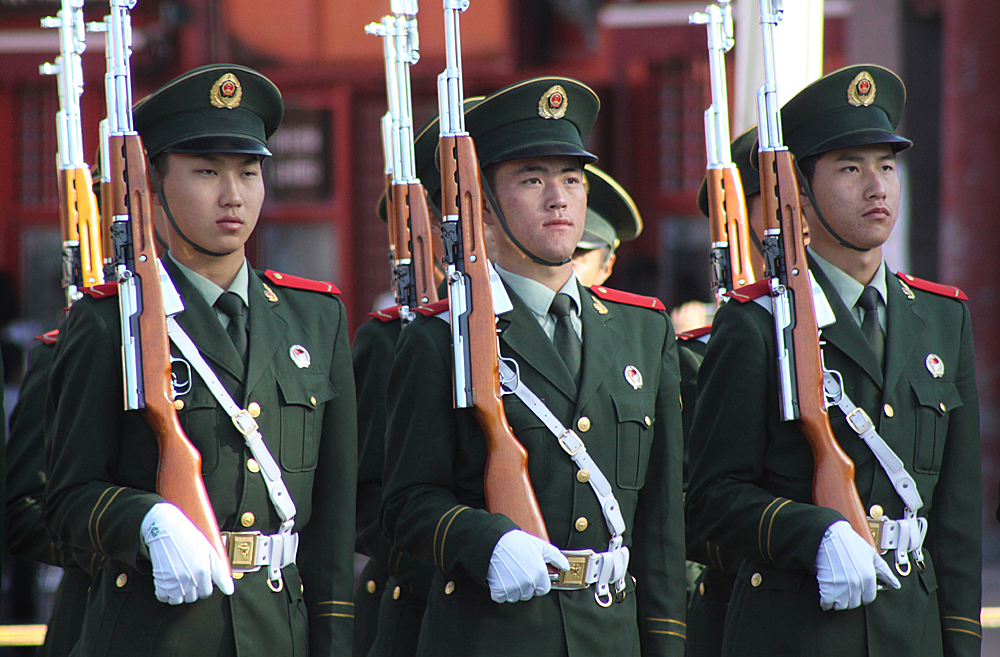Some US policies fail the test, while China offers moderate material prosperity. But justice-seekers are unlikely to be convinced, writes Chris Maden on National Security Education Day.
The physicist Richard Feynman was once asked by a US Congressional defence committee what the latest multi-billion dollar atom smasher had to do with defence of the nation, from whose budget it was to be built. “It may make the nation worth defending,” he replied. Today, on Hong Kong’s National Security Education Day, it is perhaps worth pausing to consider what makes a nation – any nation – worth securing.

First, a confession. I’m not a great believer in nationhood. To me, it’s a dated concept, something which cropped up in Europe during the Hundred Years’ War, which served a somewhat useful purpose in keeping Europe at peace during the colonial era – freeing Europeans to plunder the rest of the world – but which is now past its sell-by date. The problems we face as a species go far beyond what any single nation can hope to achieve and, more often than not, the vested interests of nationhood obstruct solutions to those problems.
The oceans are a classic case where nations and national interests are part of the problem, not the solution. Over-fishing has decimated fish stocks everywhere. Just about every species of fish that we humans eat has seen populations plummet by as much as 97 per cent since the 1970s – the bluefin tuna is endangered and sharks are not far behind. Yet, instead of coming together as the human race to find ways of giving our oceans a breather, Japan continues to plunder bluefin tuna (and – why, oh why? – whales). China goes after sharks, and the Dutch have even invented a boat that delivers electric shocks to the seabed – a football-field sized area at a time – in order to flip flounders out of the mud and annihilate everything else.
Narrow national interests such as these, supported by the tired old “It’s part of our culture” excuse (so were torture and slavery – we learn and move on), hinder efforts to leave the world a better place for our children. How can nations ask for sacrifice when their actions on so many global problems not only leave a worse legacy, but are set to bequeath a torched Planet Earth?
However, nations are not going away any time soon, so the issue is how to make the best of them. What in general would make a nation worth securing? Or, to put it a different way, how could a nation conduct itself in such a way that a rational self-interested person would accept some sacrifice on behalf of his or her country?

A good starting point, as I’ve suggested, is to set aside national interests when it comes to global problems. Utopian, I suppose, so let’s start with the obvious: wars of aggression. There was a time when these were part of the rough and tumble of life; it’s what we humans did as a species. There was little or no need to apologise for starting one. You borrowed some money, raised an army and set off to plunder. If you did well, you plundered more than you borrowed; if you did badly, you probably didn’t come back so it didn’t much matter.




